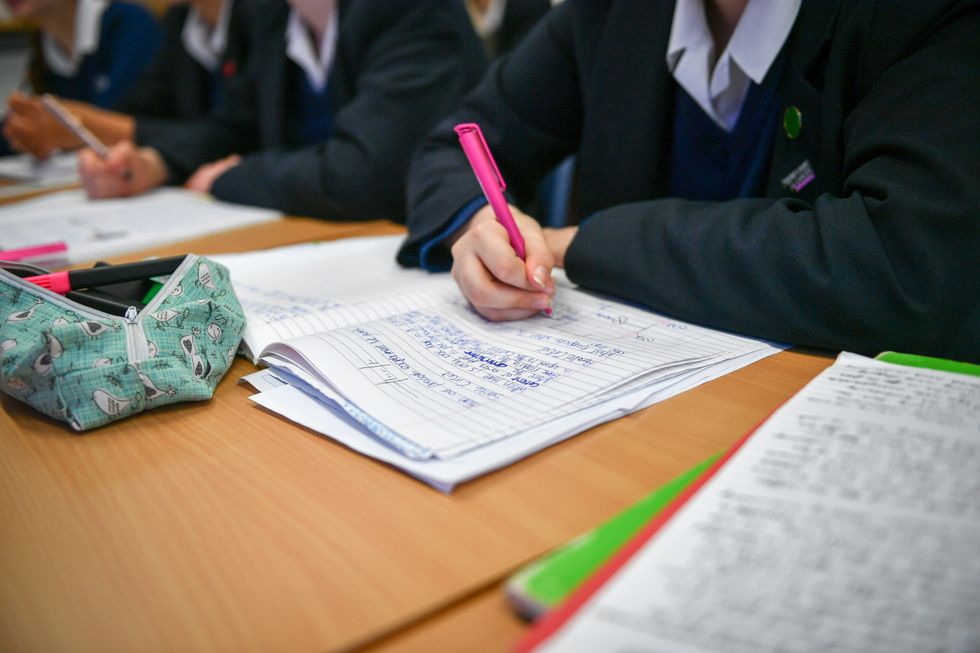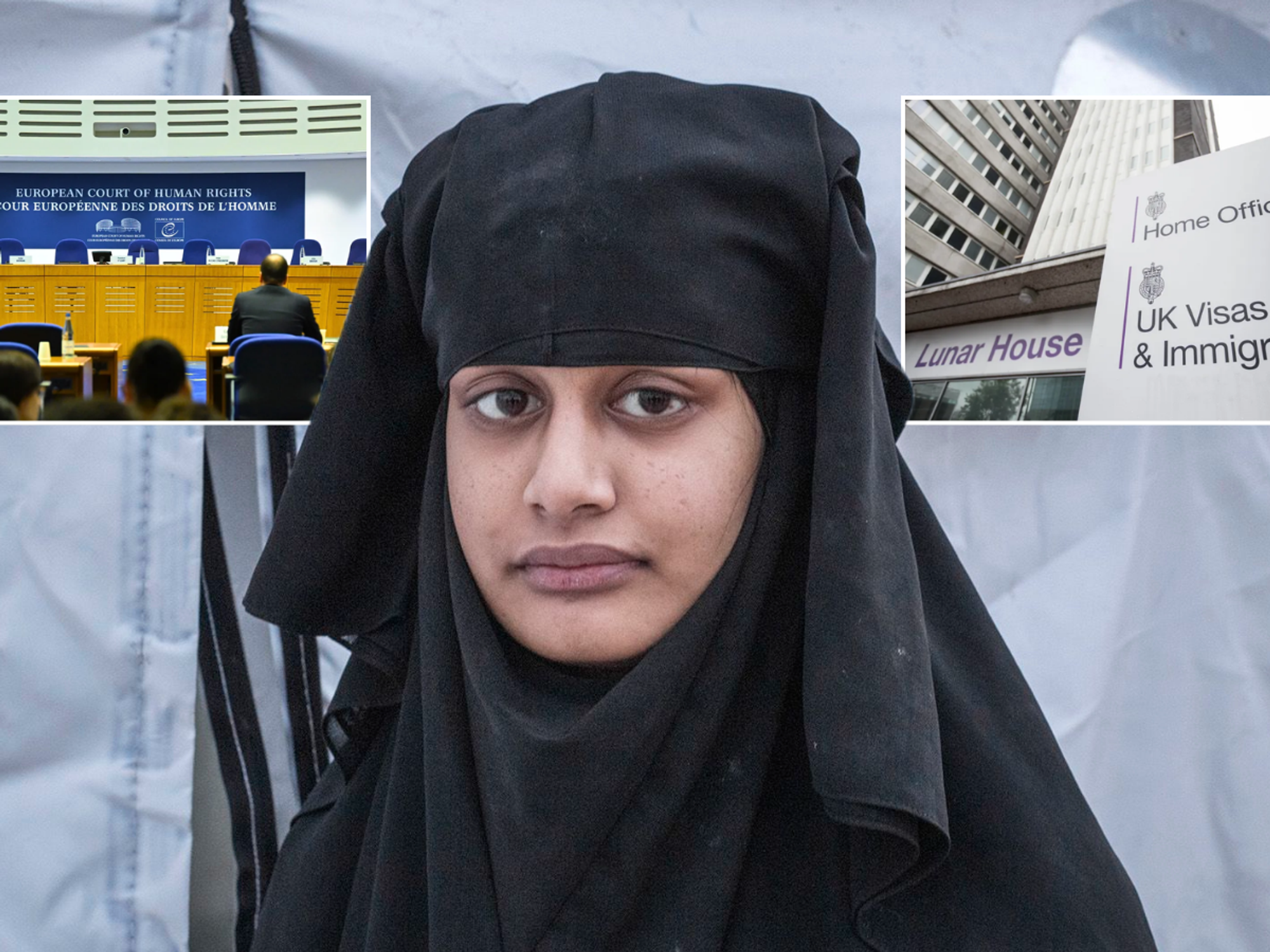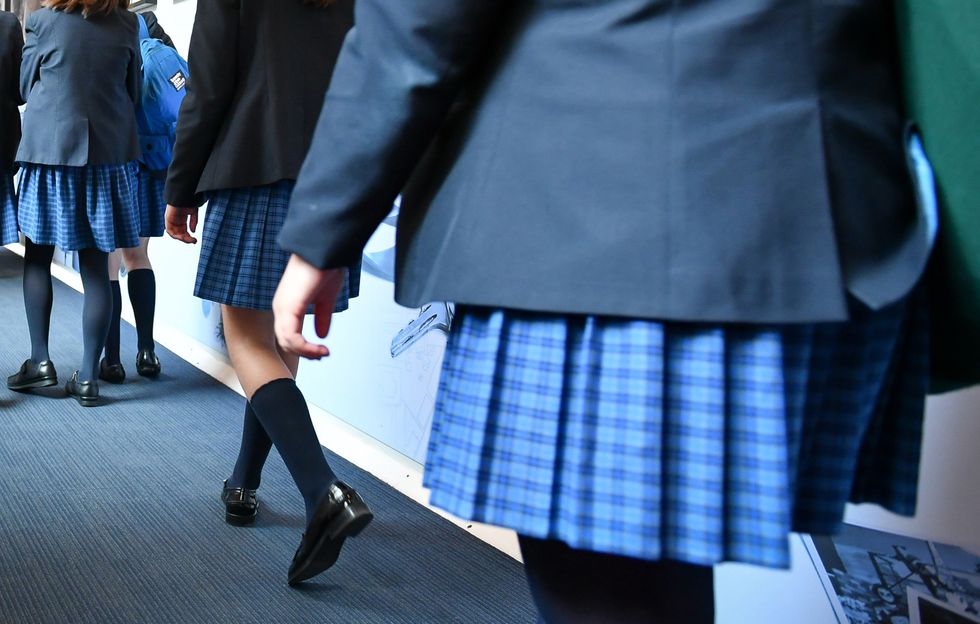Schools must instil female traits in all pupils irrespective of gender, education leader says

Ms Hanbury will argue that girls’ schools are “incubators of new and better ways of thinking and being” | Ben Birchall

She will also argue people should act and work like a woman to achieve their ambitions
Don't Miss
Most Read
Latest
People should act and work like a woman to achieve their ambitions, an education leader has said.
Heather Hanbury, president of the Girls’ Schools Association (GSA), will give a speech to the organisation on Monday in which she will hail the benefits of feminine and “soft power” traits like empathy, creativity and collaboration.
Ms Hanbury, who is also the head of the Lady Eleanor Holles School Hampton, will also tell the GSA’s annual conference that it is the job of schools to instil these traits in all pupils – regardless of gender.
“It’s absolutely time to finally acknowledge that working like girls and women is a great way to work and live,” she will say.
“I’ve had enough of being told otherwise. No-one should feel they have to ‘be like a man’ to succeed in life.”
Addressing more than 150 head teachers from independent and state schools, Ms Hanbury will argue that girls’ schools are “incubators of new and better ways of thinking and being”.
Heather Hanbury, president of the Girls’ Schools Association (GSA), will give a speech to the organisation on Monday in which she will hail the benefits of feminine and “soft power” traits.
Ben Birchall
She will also argue that schools must instil female traits in all pupils irrespective of gender to create a more successful, healthy and gender-equitable world.
“This influence isn’t just about girls and young women but about the huge value that young women offer and create in the world through the way that they work and spend their time in it,” she said.
“We are developing makers, creators, engineers, artists, leaders, future change makers and a completely new world in our schools that place a premium on the way young women think and act – dextrous and empathetic human beings who will disrupt the outmoded myopic, competitively driven alpha-style culture that so often ends up in burnout.”
Mrs Hanbury will also argue for the benefits of “safe spaces” for girls to learn in, saying girls’ school pupils “are not side-lined or distracted by the static white noise in a world where the gender bias is an undercurrent”.
“This may be wearing women down in broader society but we are empowering them to find and use their voices, and best preparing them so that they can protect who they are, assert themselves without changing their behaviour, or feel they have to ‘be like a man’ to succeed,” she will say.











